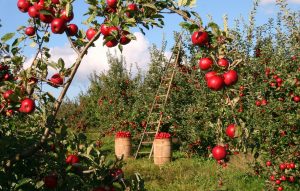The Truth about Organic Foods: Are They Non-GMO?
In our quest for healthier and more sustainable food options, one question often arises: Are organic foods non-GMO? In our article, we dive into this important topic, exploring what it truly means for a food to be labeled organic and whether this ensures it is free from genetically modified organisms. We’ll uncover the standards that organic producers must meet, the rigorous certification process they undergo, and how these factors contribute to the non-GMO status of organic foods. Join us as we demystify the relationship between organic farming and GMOs, helping us make more informed choices at the grocery store. Are organic foods non-GMO? This question is at the heart of a heated debate that has taken center stage in recent years. As more people become aware of what they are putting into their bodies, the distinction between organic and genetically modified organisms (GMOs) has become critically important. We’re here to unravel this complex issue, providing the insights needed to navigate the world of organic foods and GMOs with clarity and confidence.
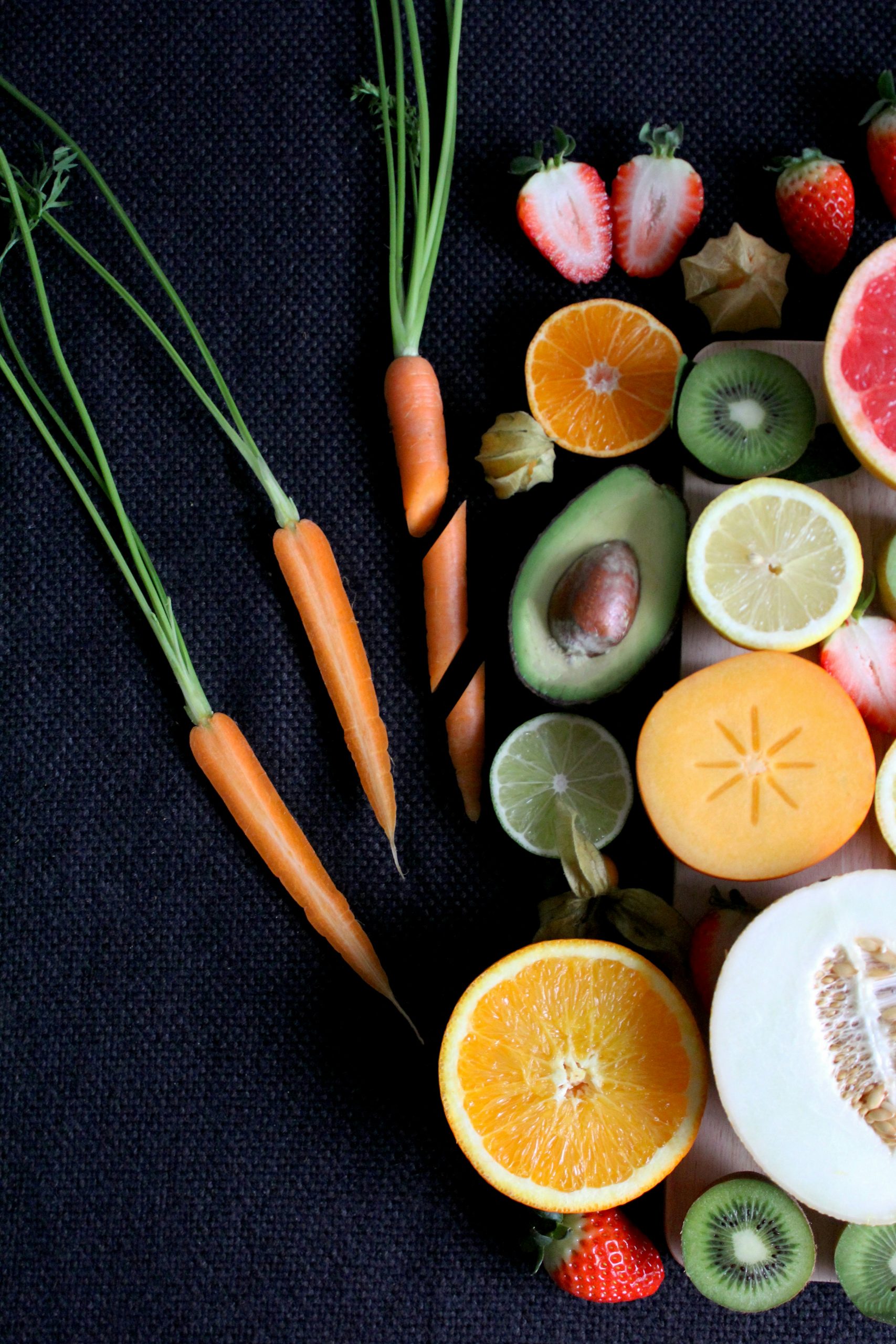
What Defines Organic Food?
Before diving into whether organic foods are non-GMO, let’s clarify what organic food actually means. Organic food is produced through farming practices that encourage ecological balance and conserve biodiversity. These methods avoid the use of synthetic fertilizers, pesticides, and other artificial agents.
How Organic Farming Works
Organic farming aims to create a sustainable system that enriches the soil, water, and ecosystem. This includes:
- Crop Rotation: Alternating different crops in the same area to improve soil health and reduce pests.
- Natural Fertilizers: Using compost, manure, and other organic matter to nourish plants.
- Biological Pest Control: Employing beneficial insects and other organisms to manage pests.
Certified Organic Standards
In many countries, for a product to be labeled organic, it must meet specific standards set by regulatory bodies. For example, in the U.S., the USDA Organic seal indicates that the product meets stringent criteria set by the U.S. Department of Agriculture. These standards cover everything from soil quality to pest control and animal raising practices.
| Certification Body | Region | Organic Standards |
|---|---|---|
| USDA | United States | Avoids synthetic inputs, promotes ecological balance |
| EU Organic | European Union | Prohibits synthetic fertilizers and GMO seeds |
| JAS | Japan | Emphasizes sustainability and non-use of GMOs |
| National Program | Australia, Canada | Strict on organic methodologies and ban on GMOs |
Understanding GMOs
Genetically Modified Organisms (GMOs) are organisms whose genetic material has been altered using genetic engineering techniques. These modifications are typically made to introduce desired traits in crops, such as improved resistance to pests or enhanced nutritional content.
Common GMO Crops
Some of the most common GMO crops include:
- Corn
- Soybeans
- Cotton
- Alfalfa
- Sugar Beet
These crops often undergo genetic modifications for traits like:
- Herbicide Tolerance: allowing crops to survive applications of herbicides that would kill other plants.
- Pest Resistance: incorporating genes that produce proteins toxic to specific insects.
Safety and Concerns
The safety of GMOs is a subject of ongoing research and debate. Proponents argue that GMOs are safe as demonstrated by scientific studies and necessary for feeding the growing global population. Critics raise concerns about potential health effects, environmental impact, and corporate control over the food supply.
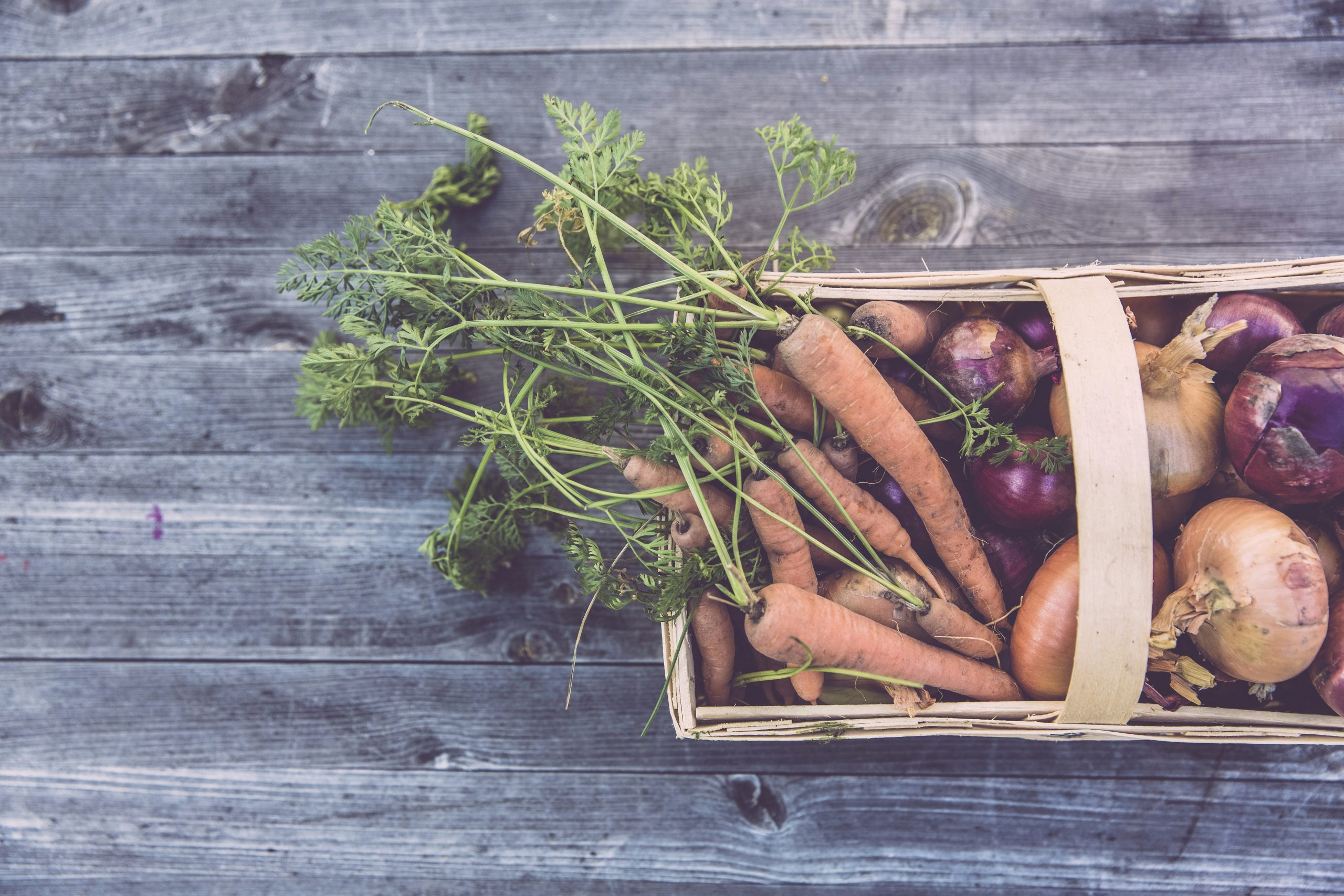
Are Organic Foods Non-GMO?
To directly address the burning question: Yes, organic foods are non-GMO. By definition, organic farming practices exclude the use of genetically modified seeds or organisms.
Organic Standards and Non-GMO
To bear an organic label, crops must comply with strict standards that naturally align with non-GMO principles. Here’s how:
| Criteria | Organic | Non-GMO |
|---|---|---|
| Use of Synthetic Inputs | Prohibited | Not Addressed Specifically |
| Genetic Engineering | Prohibited | Core Prohibition |
| Farming Methods | Ecological Balance | Not Specified, but inherently non-GMO |
| Ecosystem Impact | Positive | Variable, depends on overall farming practices |
Labels and Certifications
Several labels can help us identify non-GMO products. Here’s a breakdown:
| Label | Definition |
|---|---|
| USDA Organic | Guaranteed non-GMO along with organic standards |
| Non-GMO Project Verified | Focuses specifically on GMO avoidance |
| EU Organic | Ensures non-GMO according to European standards |
Cross Contamination Concerns
Despite these stringent guidelines, cross-contamination from nearby GMO crops can sometimes occur through factors like pollen drift or seed mixing during transport. Organic farmers implement various measures to minimize this risk, such as buffer zones and rigorous testing.
Benefits of Choosing Organic and Non-GMO
Selecting organic, non-GMO foods come with various benefits that extend beyond our own health.
Health Benefits
- Nutritional Value: Organic produce often contains higher levels of essential vitamins, minerals, and antioxidants.
- Reduced Exposure to Pesticides: Organic farming avoids synthetic pesticides, reducing our exposure to potentially harmful chemicals.
Environmental Benefits
- Sustainability: Organic farming practices promote sustainability by enhancing soil health, reducing pollution, and conserving water.
- Biodiversity: By encouraging diverse crop rotation and farming methods, organic agriculture fosters a richer ecosystem.
Ethical Considerations
Choosing organic and non-GMO supports ethical farming practices that consider animal welfare, farmworker rights, and fair trade principles.
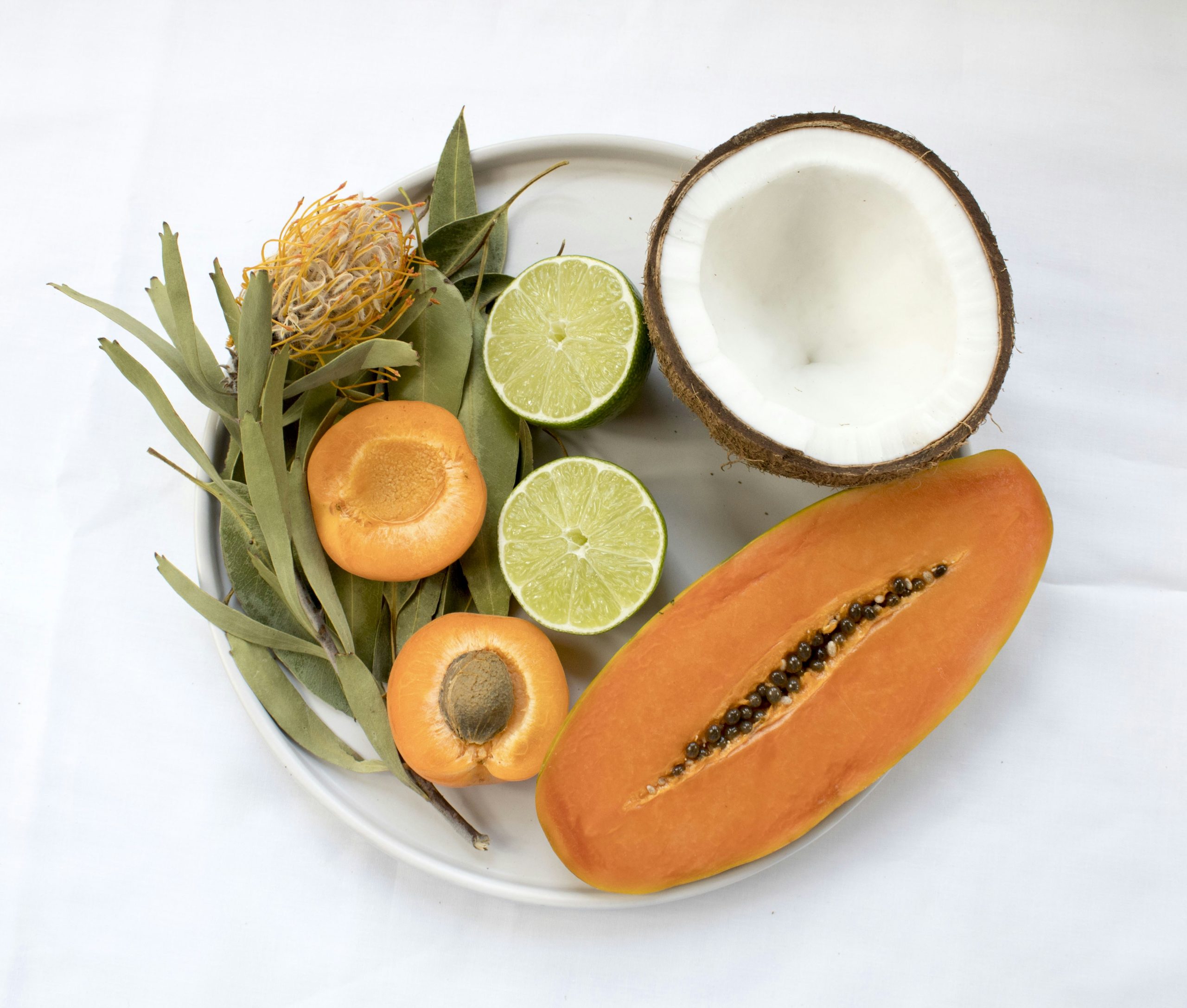
Misconceptions and Myths
Given the complexity of the topic, misconceptions inevitably arise. Let’s debunk some common myths.
Myth 1: Organic and Non-GMO Are the Same
While all organic products are non-GMO, not all non-GMO products are organic. Non-GMO certification strictly ensures no genetic engineering. It doesn’t regulate synthetic pesticide use, fertilizers, or other practices prohibited in organic farming.
Myth 2: Organic Foods Are Always More Nutritious
Though often found to be more nutritious, organic foods’ nutritional content can vary based on various factors such as growing conditions and crop varieties. It’s not a guarantee but a general trend.
Myth 3: Organic Foods Can’t Be Processed
Organic certifications allow certain processed foods as long as they meet organic standards. Examples include organic cereals, canned goods, and packaged snacks.
Myth 4: GMOs Cause Health Problems
Scientific consensus generally finds GMOs safe to eat. Concerns focus more on the broader implications, such as environmental effects and ethical issues, rather than direct health problems.
Myth 5: Organic Farming Can’t Feed the World
Organic farming yields are often lower than conventional methods, but they offer sustainable solutions to long-term food security problems like soil depletion and biodiversity loss. They could feed the world when integrated with improved practices and technology.
How to Choose Organic and Non-GMO Products
Navigating the marketplace to find organic and non-GMO foods can be straightforward with a few strategies.
Reading Labels
Understanding labels is key. Look for USDA Organic, Non-GMO Project Verified, and similar certifications to ensure the product meets the standards.
Shopping Tips
- Farmers’ Markets: Often feature local, organic produce.
- Specialty Stores: Natural food stores typically carry a higher percentage of organic and non-GMO products.
- Online Resources: Websites and apps that track organic and non-GMO products can be invaluable.
Questions to Ask
When in doubt, ask! Whether you’re at a store or a restaurant, questions about sourcing and certifications can clarify product origins.
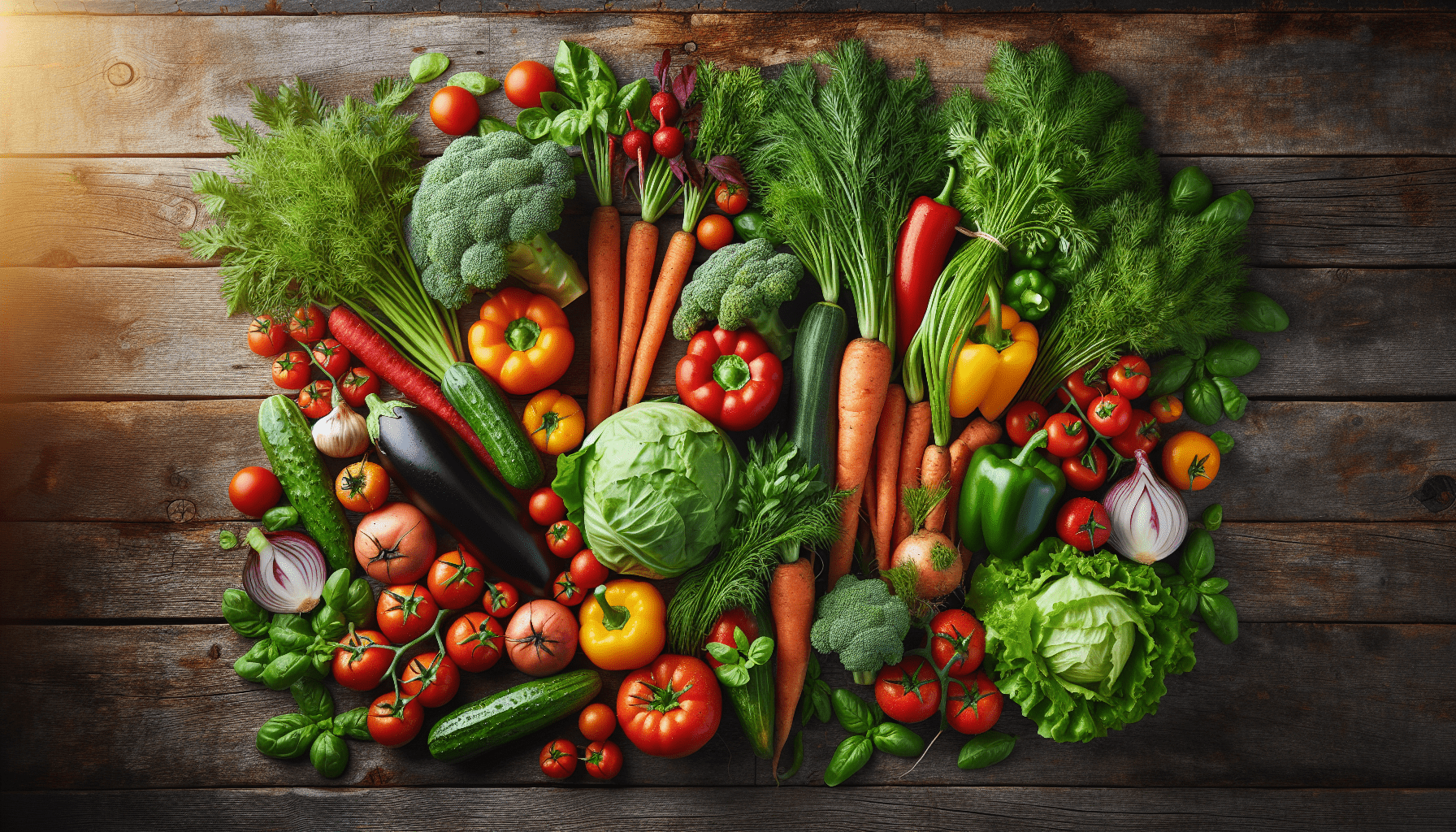
The Cost Factor
One of the significant concerns with organic foods is the cost. It’s often higher than conventional options. Here’s why and how we can balance our budget and values.
Reasons for Higher Costs
- Labor Intensive: Organic farming often requires more labor.
- Lower Yields: Organic methods can produce lower yields.
- Certification: Obtaining organic certification can be costly.
Balancing Quality and Budget
- Prioritize: Focus on organic for the most pesticide-heavy foods, often referred to as the “Dirty Dozen.”
- Buy in Season: Seasonal produce is typically less expensive and fresher.
- Grow Your Own: Home gardening can provide organic produce at a fraction of the cost.
The Future of Organic and Non-GMO
The landscape is ever-evolving, driven by consumer demand, scientific advancements, and policy changes.
Emerging Trends
- Regenerative Agriculture: Goes beyond organic by focusing on restoring soil health and ecosystem balance.
- Technological Innovations: New technologies like CRISPR could blur the lines between traditional GMOs and advanced breeding techniques.
Policy and Advocacy
Continued advocacy for clearer labeling and more stringent regulations will help ensure consumer trust and transparency in the food system.
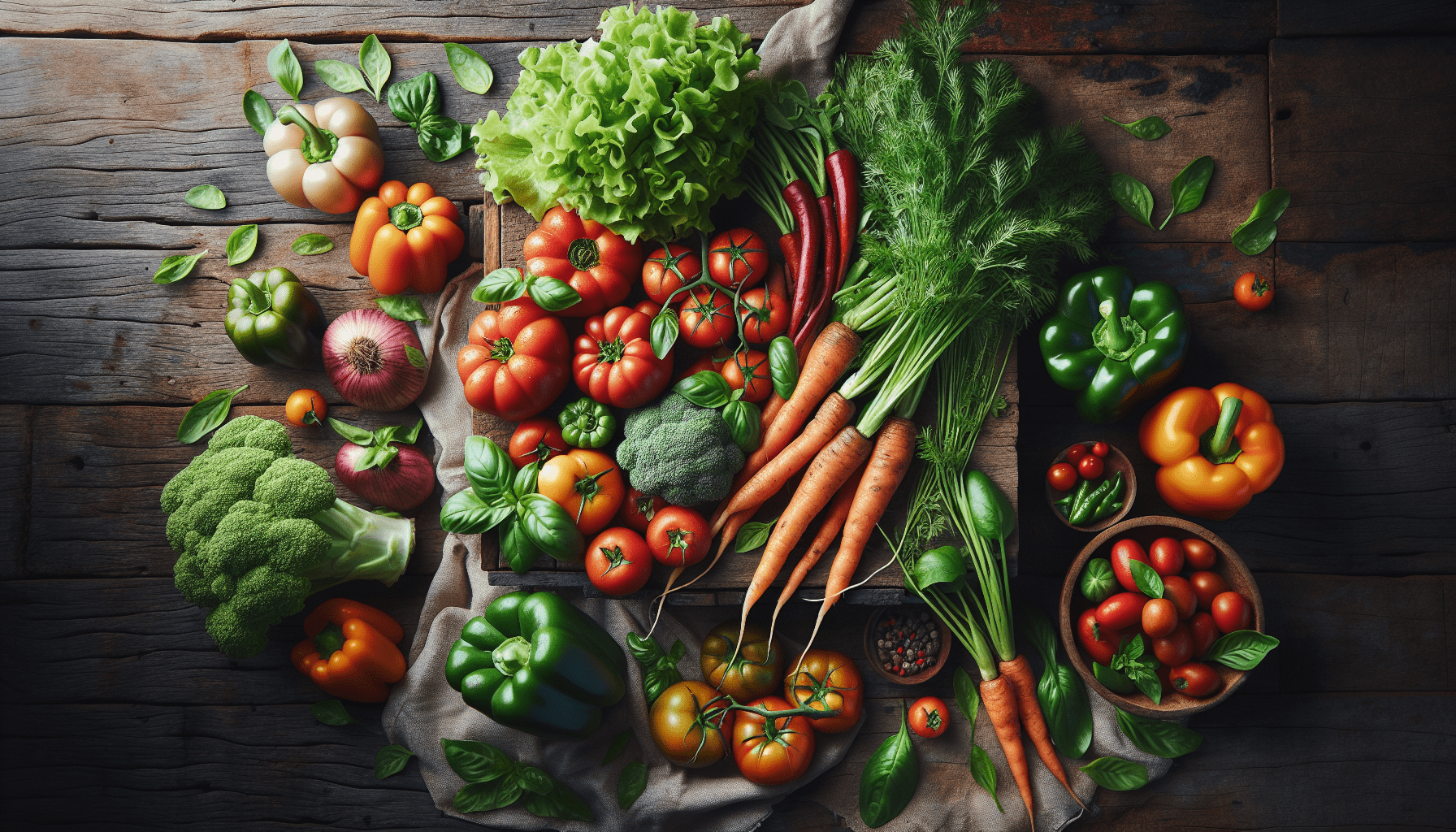
Conclusion
Understanding the truth about organic foods and their non-GMO nature empowers us to make informed decisions for our health, the environment, and society. While the debate continues, what remains clear is the importance of knowledge and transparency in our food choices. By staying informed and proactive, we can navigate the complexities of the modern food landscape with confidence and integrity.
Let’s continue exploring, questioning, and learning together as we strive for a healthier, more sustainable future.


